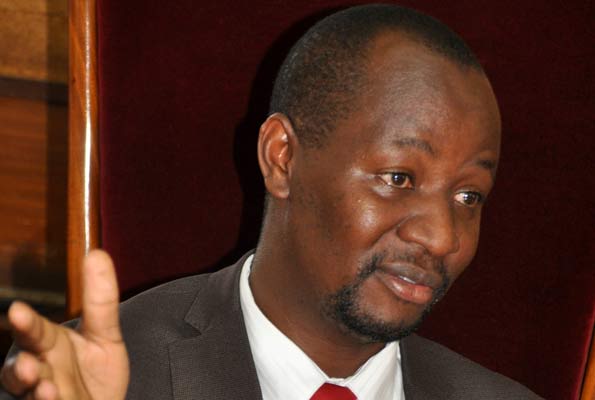Opposition Cries Out; The Current Electoral Commission Is Bias, Cannot Deliver a Free and Credible Elections in 2021.

The main opposition party in Uganda, Forum for Democratic Change (FDC) has said that the current Electoral Commission cannot deliver a free and credible election as prescribed in the constitution.
According to party Spokesperson Ibrahim Semujju Nganda who doubles as Kira Municipality Member of Parliament, Electoral Commission headed by Justice Simon Byabakama has displayed signs of bias publicly in favor of Museveni who handpicked them.
“The processes leading to compilation and display of the voters’ register are contested and remain unresolved. The Electoral Commission stopped registering voters in December last year more than a year to the next general elections. And in their new register, they have omitted Ugandans who have kept registering with National Identification and Registration of Persons Authority (NIRA).” He said
Semujju said that there are citizens who registered with NIRA but are missing on the voters register yet the credibility of any election depends for a big part of the credibility of the register.
He said the laws relating to elections are not yet passed, yet the first batch of elections are due in less than two months. In many parts of the country, election-related activities meant to be managed by Electoral Commission, biased as it, have been abandoned to Residential District Commissioners (RDC) and Internal Security Organization (ISO).
He urged EC to stop Museveni and security from interfering with the activities of his competitors, “Our mobilization as a party has and is being interfered with by police and UPDF. They are also disrupting activities of other political platforms such as People Power. The Electoral Commission has a duty to stop Police, UPDF and Museveni from disrupting election-related activities.” He added.
He said Youth, Women and people with disabilities leagues are also in the field identifying and selecting candidates for the forthcoming April national elections of interest groups.
Comments
Post a Comment